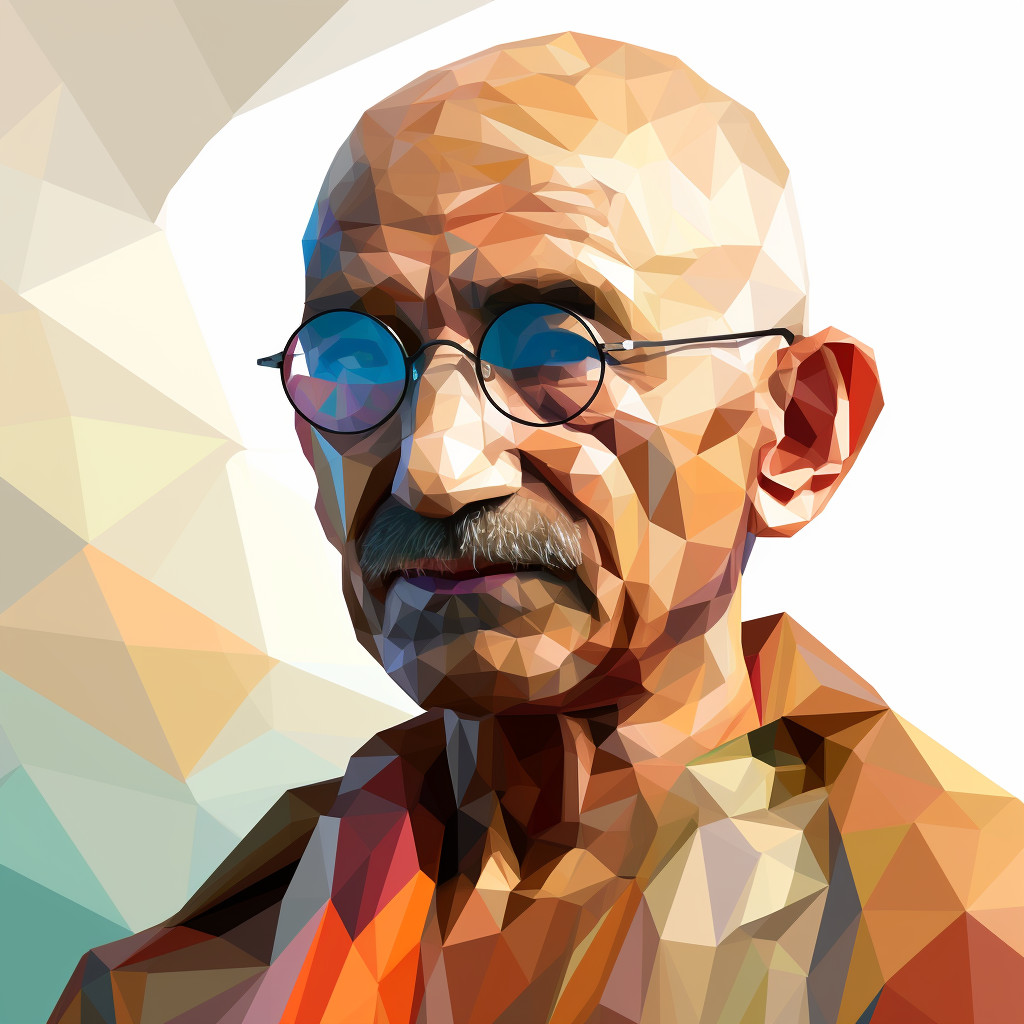This quote implies that the moral caliber of a society is mirrored in how it treats its most defenseless members, in this context, animals. Animals, being incapable of articulating their own rights and necessities, depend on humans for their safety and well-being. Hence, a society that treats animals with kindness and respect is likely one that values empathy, compassion, and justice. On the other hand, a society that ignores or abuses animals may be viewed as deficient in these virtues.
The quote underscores the interrelation of all living beings and the obligation we have to look after those who cannot look after themselves. It proposes a comprehensive view of morality, where the treatment of even the smallest and most insignificant beings is a reflection of a society’s overall moral health.
In the contemporary world, this idea can be seen in the escalating emphasis on animal rights and welfare. Societies are increasingly recognizing the need to shield animals from cruelty and exploitation, and this is reflected in legislation and social norms. For instance, numerous countries have laws against animal cruelty, and there is a growing trend towards adopting pets from shelters rather than purchasing them from breeders.
Regarding personal development, this quote might motivate us to be more aware of how our actions impact others, including animals. It promotes empathy and compassion, and challenges us to contemplate the impact of our choices on the world around us. It suggests that true greatness and moral progression are not just about how we treat our equals, but how we treat those who are at our mercy.
Therefore, this quote challenges us to aspire for a kind of greatness that is not quantified in wealth or power, but in kindness and compassion. It reminds us that every creature has inherent value and deserves to be treated with respect, and it urges us to be the best we can be, not just for ourselves, but for all living beings.





